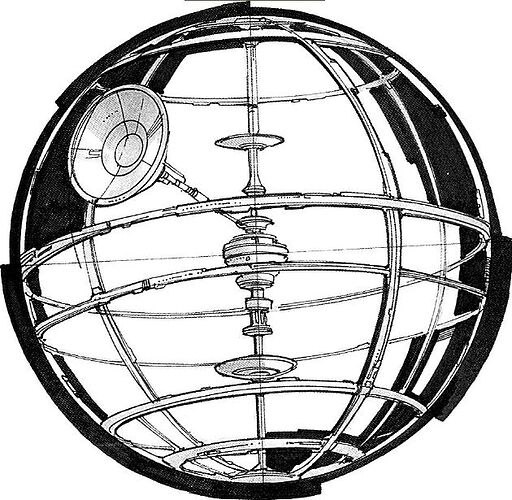I watched Jafar Panahi’s Crimson Gold (from a script by Abbas Kiarostami) for the second time a few weeks ago. I last saw it in 2021/2022.
I really like it because it uses a variety of locations to show alienation (class divide, mental illness, or whatever you like, really). There are some really nice visuals. There’s a scene where the main character falls into a pool in a luxury apartment, and the apartment’s owner is talking on a big fat 90s cordless phone behind frosted glass and doesn’t even notice the splash … it’s a really nice way to illustrate alienation.
However, plot wise, I can’t follow it unless I read the synopsis. “Crimson Gold” uses non-actors, but that’s not really a problem. I think it’s partially Kiarostami’s writing, since most of his films kind of meander.
It’s also partially Panahi’s direction – like the lack of any audiovisual indication that almost everything after the first scene is a flashback. It’s like the opposite of LOST: whereas every LOST flashback had a whoosh sound that allowed it to jump anywhere it wanted to in a coherent manner, this movie wants to be circular as possible while otherwise presenting itself as linear as possible.
Again, concerning the first scene. The first scene takes place in the same jeweller’s shop that a key argument takes place in mid-film, but each scene is shot in completely different way and looks at first glance to be in a different location. (The core dispute isn’t explained very well in the dialogue either.)
It’s weird that this movie has these problems, especially since Panahi and Kiarostami have such a huge focus on location. Panahi goes into detail on his use of location in “This Is Not a Film.” “Crimson Gold” is not too early of a work from Panahi — it’s his fourth feature film — so that doesn’t explain much.
Has anyone else seen “Crimson Gold”? Is it more coherent to you? Am I just crazy? Thoughts on Panahi/Kiarostami in general?
